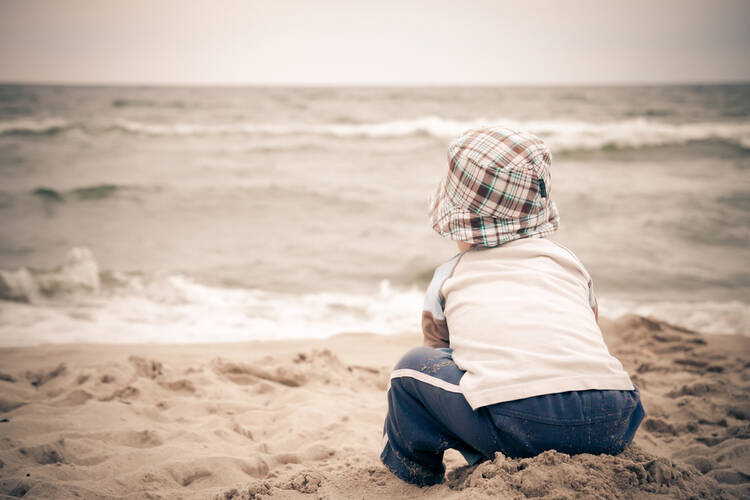I appreciated this TED talk (see below, also) from Susan Cain, who makes a case for introverts, those who feel more comfortable in solitude and smaller groups, energized more by silence than activity.
Cain is the author of the well-received Quiet: The Power of Introverts in a World that Cannot Stop Talking, and her talk summarizes the book's thesis. Among many good points that she makes, this one especially resonated with me as a teacher:
When I was going to school, we sat in rows. We sat in rows of desks like this, and we did most of our work pretty autonomously. But nowadays, your typical classroom has pods of desks -- four or five or six or seven kids all facing each other. And kids are working in countless group assignments. Even in subjects like math and creative writing, which you think would depend on solo flights of thought, kids are now expected to act as committee members. And for the kids who prefer to go off by themselves or just to work alone, those kids are seen as outliers often or, worse, as problem cases. And the vast majority of teachers reports believing that the ideal student is an extrovert as opposed to an introvert, even though introverts actually get better grades and are more knowledgeable, according to research.








